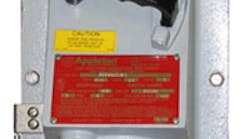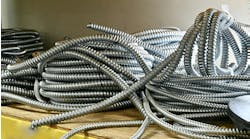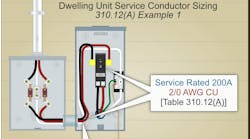In petrochemical plants and refineries, there are usually many 480VAC, 3-phase receptacles scattered throughout the facility. Many times, the owner wants these receptacles to be used only for maintenance turnarounds, so the receptacles are used only for power packs to provide 120VAC, 1-phase power for small hand tools, such as drills, grinders, etc. However, sometimes these receptacles are used for welders too.
When designing industrial electrical systems that include 480V receptacles, it’s important to know how these receptacles will be used. If that fact is unknown, it’s better to err on the conservative side and install a dedicated fused disconnect/breaker ahead of the receptacle to comply with the requirements of NEC Art. 630 [Electric Welders]. Doing so will ensure that whether the receptacles are used as power receptacles for miscellaneous loads or welders, NEC requirements for the protection of these receptacles will have been met — and you won’t have safety issues.
All major manufacturers have combination fused disconnect/receptacles for this purpose. The photo illustrates a typical explosionproof disconnect/receptacle combination that can be used for either power receptacles or welders.
© 2014 Fluor Corporation. All Rights Reserved.




